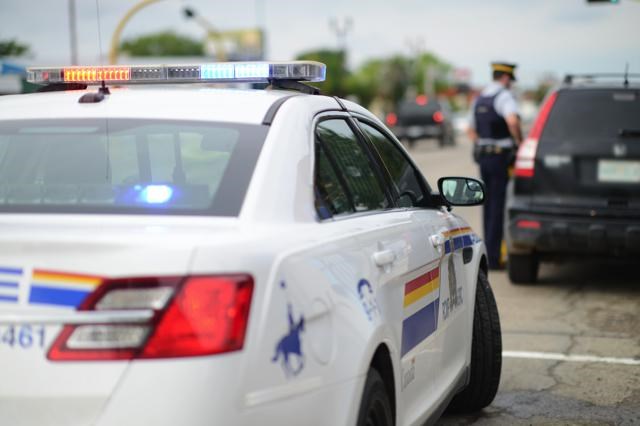Police agencies in southeast Saskatchewan are hoping to get enough interest to form a civilian volunteer search-and-rescue group, with a series of four meetings to be held to present information.
Search and Rescue Saskatchewan Association of Volunteers (SARSAV), along with their police partners, the RCMP Search and Rescue Team and the Weyburn and Estevan Police Services, is proposing that a civilian volunteer group be formed, said Weyburn Police Chief Marlo Pritchard.
The meetings will gauge if there is enough interest to form a SE chapter for SARSAV, and if there is, those involved will receive equipment and training as search-and-rescue volunteers.
Meetings were held on Jan. 16 and 17 in Carnduff and Carlyle, with meetings set to be held in Estevan on Wednesday, Jan. 23, and in Weyburn on Jan. 24, both nights at 7 p.m. The Weyburn meeting will be held in a classroom in the City Works building on 16th Street.
“They would be used for everything from searching for a missing person to searching for evidence at a scene,” said Chief Pritchard, noting the calls would be made by the respective police agencies as needed.
“Hopefully we can build a team in the next six to eight months that can respond to a police service request,” he added.
The police agencies are encouraging anyone who has an interest in being a part of a search-and-rescue team to come out to one of the meetings.
Information will be provided as to what would be expected of a volunteer, and Pritchard noted that no experience is necessary to be part of this team.
Those who indicate an interest would then be directed as to what the next steps will be, with training to be provided by SARSAV in the southeast.
“We’re hoping a number of people will come out and at least get the information,” said chief Pritchard, noting that a team like this requires a significant amount of community support to work



